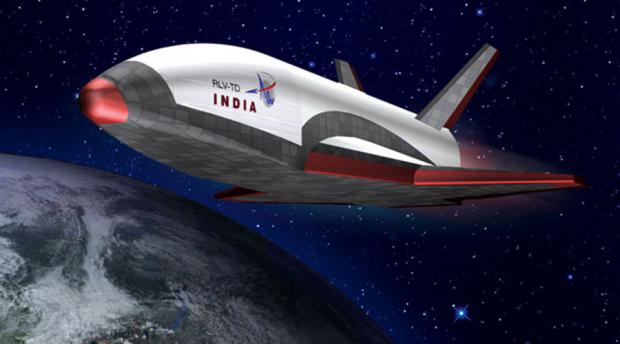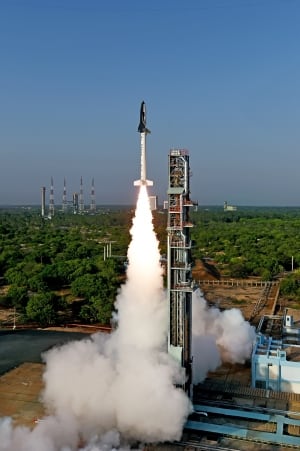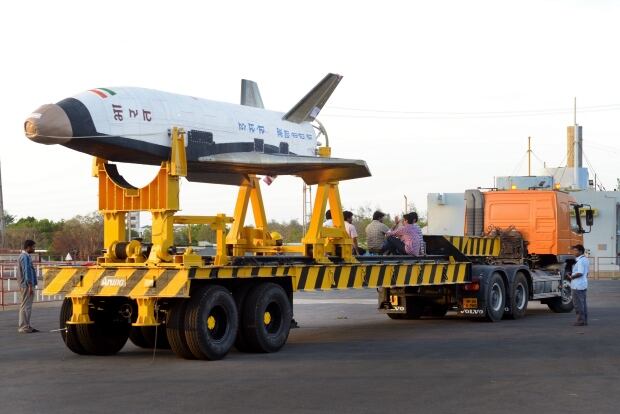
Breaking News
 Global Exclusive: The January 6th Pipe Bomber's Identity Has Been Discovered,...
Global Exclusive: The January 6th Pipe Bomber's Identity Has Been Discovered,...
 Capitol Police Officer Shauni Kerkhoff Identified as J6 Bomber...
Capitol Police Officer Shauni Kerkhoff Identified as J6 Bomber...
 Why Dual Engine Failure Changes Everything -- Louisville Crash Update
Why Dual Engine Failure Changes Everything -- Louisville Crash Update
 Transforming Storage Shelf / Workbench - Small Space Organization
Transforming Storage Shelf / Workbench - Small Space Organization
Top Tech News
 HUGE 32kWh LiFePO4 DIY Battery w/ 628Ah Cells! 90 Minute Build
HUGE 32kWh LiFePO4 DIY Battery w/ 628Ah Cells! 90 Minute Build
 What Has Bitcoin Become 17 Years After Satoshi Nakamoto Published The Whitepaper?
What Has Bitcoin Become 17 Years After Satoshi Nakamoto Published The Whitepaper?
 Japan just injected artificial blood into a human. No blood type needed. No refrigeration.
Japan just injected artificial blood into a human. No blood type needed. No refrigeration.
 The 6 Best LLM Tools To Run Models Locally
The 6 Best LLM Tools To Run Models Locally
 Testing My First Sodium-Ion Solar Battery
Testing My First Sodium-Ion Solar Battery
 A man once paralyzed from the waist down now stands on his own, not with machines or wires,...
A man once paralyzed from the waist down now stands on his own, not with machines or wires,...
 Review: Thumb-sized thermal camera turns your phone into a smart tool
Review: Thumb-sized thermal camera turns your phone into a smart tool
 Army To Bring Nuclear Microreactors To Its Bases By 2028
Army To Bring Nuclear Microreactors To Its Bases By 2028
 Nissan Says It's On Track For Solid-State Batteries That Double EV Range By 2028
Nissan Says It's On Track For Solid-State Batteries That Double EV Range By 2028
India's reusable space shuttle tested successfully

India has successfully test launched its first ever indigenously built reusable space shuttle — Re-Usable Launch Vehicle - technology demonstrator (RLV-TD).
The test took place Monday from Sriharikota island in southern Andhra Pradesh state.
The RLV technology was developed in an attempt to cut costs of launching satellites into space. Indian Space Research Organisation (ISRO) spent roughly rupees 1 billion ($19.5 million) to develop this technology.

India's RLV-TD reusable spacecraft blasted off Monday in its first test, which was successful. (Indian Space Research Organisation)
The nine-metre-long rocket took off without a hitch from ISRO's rocket launch center at Sriharikota.
This test launch will enable scientists to gather data on autonomous landing, hypersonic speed and more.
The successful launch also puts India on an elite list of space-faring nations, including the United States, Japan and Russia, which have been using their own RLVs for years.
Prime Minister Narendra Modi took to Twitter to congratulate ISRO.
"Launch of India's first indigenous space shuttle RLV-TD is the result of the industrious efforts of our scientists. Congrats to them. The dynamism & dedication with which our scientists & @isro have worked over the years is exceptional and very inspiring," tweeted Modi.
The vehicle will be directed to plunge into the Bay of Bengal on its return to earth and won't be recovered this time.
However, in subsequent flights, scientists would attempt for it to touch down at a specific location on land.

The RLV technology was developed in an attempt to cut costs of launching satellites into space. Indian Space Research Organisation (ISRO) spent roughly rupees 1 billion ($19.5 million) to develop this technology. (India Space Research Organisation)

 Carbon based computers that run on iron
Carbon based computers that run on iron

